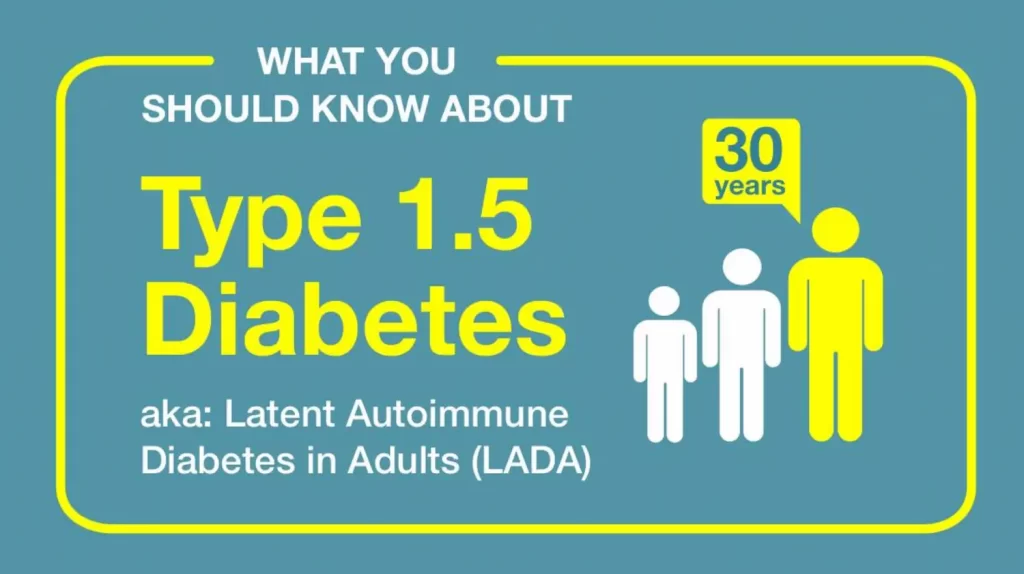By Martin Owen
For the past sixty years or so tourism in the USA, and most other ‘developed’ countries, has been following the way that most people lived their lives. They lived in one place, worked in another and took vacations somewhere else. For many, their working lives also involved traveling for business purposes. Prior to the Second World War of course people didn’t tend to move very far from home, or indeed from where they were born. Vacations, if taken at all, were the reserve of those with a disposable income. World War Two changed all that. It takes a major, global, event to modify our behavior.
Well, you may have noticed that we have been experiencing another global event, the pandemic, and this unsurprisingly appears to have triggered some rapidly emerging changes. For the past year and a half most of the world has been unable to travel internationally. Indeed, in some areas even local travel has been restricted, either by government instruction or personal choice. That is changing and certainly here in the US traveling is slowly returning albeit with some subtle changes. Internationally we are just beginning to see relaxation of restrictions and hopefully by the end of the year we will more and more destinations coming back ‘on-line’.
The tourism industry has to deal with some significant changes though. During the past months travel for business has changed. Faced with the inability to have workers travel into centralized workplaces or travel distances to meet with business contacts people have resorted to video conferencing and working from home. Some of those businesses and workers have found this a challenge, but others have embraced the change. Many companies have found that productivity has not suffered. Some have even found improvements. They have also seen costs reduced by not having to fund traveling and by being able to reduce their office space needs. Although some workers have longed to get back to the office, others have enjoyed the ability to work from wherever they happen to be. To be honest this is just an acceleration of trends that have been emerging for years.
The airlines have seen a return of travelers, but business travel is taking longer to recover. Hotels are seeing increased occupancy but the conference and convention business is, like business air travel, experiencing a very slow recovery.
The implications for the travel, tourism and hospitality businesses are wide ranging. For example, if you can work from wherever, you have an internet connection then an individual can in theory work while they are on vacation. To take that further a vacation doesn’t have to be just a week, ten days or two weeks. Your vacation could be many weeks or even months long. Of course, not everyone can work remotely. If your job means you have to be in a particular place to do your work, then that’s where you have to be! However, a significant percentage of the people who travel for work or who regularly vacation away from home can, if they wish, take advantage of the opportunity.
The changes may mean less business travelers which will reduce the number of high spending ‘frequent flyers’ for the airlines. They may have to acknowledge the importance of the leisure traveler. Hotels may find that they have longer staying guests, who demand more home comforts. Companies like AirBnB who rent out whole homes are finding that renters now want to stay for longer and are combining vacations with work. Those long stay visitors also want to engage with the locals more than they did previously and take vacations that allow for what are termed experiential travel – where rather than just sit on a beach, they want to get involved with activities and perhaps learn a new sport or skill.
Will travel change after the pandemic? Yes of course. Travel and tourism have always changed to reflect different global conditions. It keeps us on our toes!



